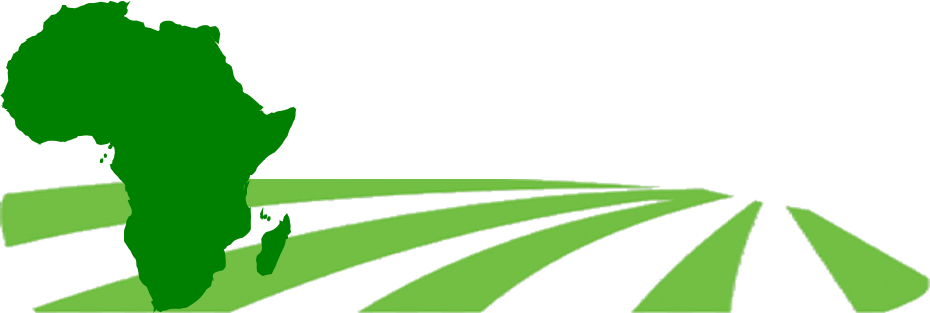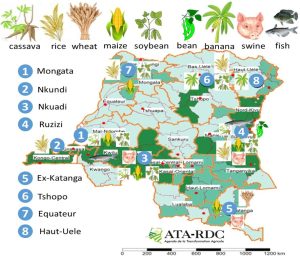Empower for Change
The Youth Brigade is a task force set up in December 2022 by the African Agricultural Leadership Institute (AALI), with the aim of accelerating agricultural transformation in Africa, with a particular focus on agribusiness and leadership. agriculture, driven by young people and for young people in the agro-pastoral and fisheries value chain. This Brigade is made up of young people specialized in the following thematic areas: Added value, Modernized crop production, Animal production, Small-scale mechanization, Agricultural education, Communication, Digital agriculture, Monitoring and evaluation.
Currently, she is involved in the implementation of the Agricultural Transformation Agenda of the Democratic Republic of Congo (ATA-DRC),an initiative of the President of the Republic and Head of State, His Excellency Mr.Felix Antoine Tshisekedi Tshilombo.
In the DRC, the overall objective of the Youth Brigade is to provide leadership to young people in the transformation of agriculture, in a way that provides them with economic and social equity, in addition to food and nutritional security, create decent jobs, and stimulate agro-industrialization.
The main mission of the Youth Brigade is to make agriculture a professional, attractive and lucrative path. This, in order to deconstruct the stereotypes that young Africans have about it and boost their participation in agriculture. To achieve this, the Youth Brigade has opted for capacity building, technology transfer and technical expertise.
Aware of the inestimable value and richness, long flouted, that young people represent in Africa as well as the multiple and diversified opportunities that agriculture offers as a response to the economic and development needs that many African countries face, AALI chooses to bet on the latter for a pragmatic popularization of its vision. This choice is worth its weight in gold, because young people are the backbone of the future and no sustainable development can be effective without them.
Technical departments
Modernized crop production
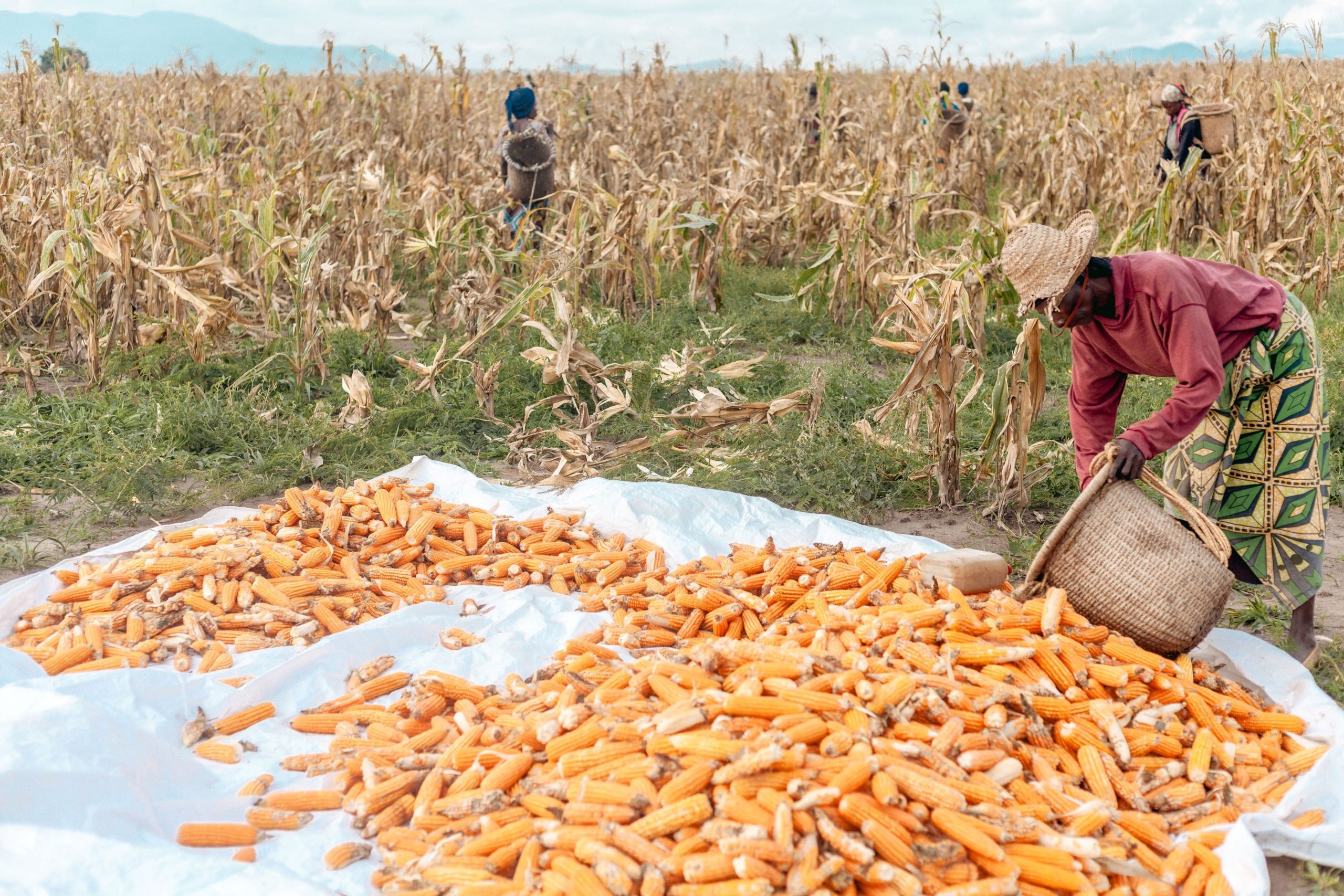
The DRC has 80 million hectares of arable land of which only 10% is exploited. This demonstrates a great insufficiency in agricultural production. To meet its food needs, the country relies on imports estimated at more than two billion US dollars per year. However, the agricultural sector offers many opportunities (various agro-ecological zones and climate) that can allow the development of several speculations. In this context where agriculture has long been considered a job for old people, peasants and the poor, we find more than 70% of the young population, more than half of whom are unemployed. To face these multiple challenges and in order to take advantage of all the opportunities that the Congolese agricultural sector offers, the Congolese government, through the Ministry of Agriculture and with the technical assistance of IITA and AALI, has initiated a gigantic program, called ATA-RDC, in order to bring and support young people to take an interest in agriculture and to consider it, henceforth, as an income-generating activity and a source of employment. As part of modernized crop production, this program will first focus on priority value chains, namely cassava, maize, rice, soybeans/beans and bananas/plantain.
Animal and fish production
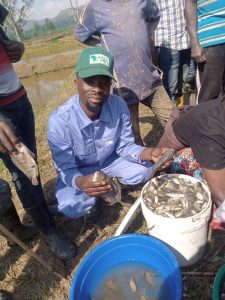 In DR Congo, animal husbandry contributes more than 72% to the income of the rural population. Despite this great contribution, its production remains insignificant to meet the needs of the population. The majority of young people involved in this sector have limited technical knowledge and lack of funding in order to make breeding and fish farming their businesses attractive and competitive.
In DR Congo, animal husbandry contributes more than 72% to the income of the rural population. Despite this great contribution, its production remains insignificant to meet the needs of the population. The majority of young people involved in this sector have limited technical knowledge and lack of funding in order to make breeding and fish farming their businesses attractive and competitive.
The Youth Brigade,as part of the ATA-DRC program, contributes to the development of the livestock and fish farming sector by seizing the many opportunities presented by the DRC. This is to reduce the rate of importation of most livestock products (milk, eggs, meat) and fish involved in meeting this demand. To ensure the sustainability of the reduction of this import, the Youth Brigade aims to boost the business spirit among young people and women through training, awareness and support on new modern techniques of agropastoral and fisheries practice.
Small scale mechanization
For a hassle-free and high-productivity agricultural activity.
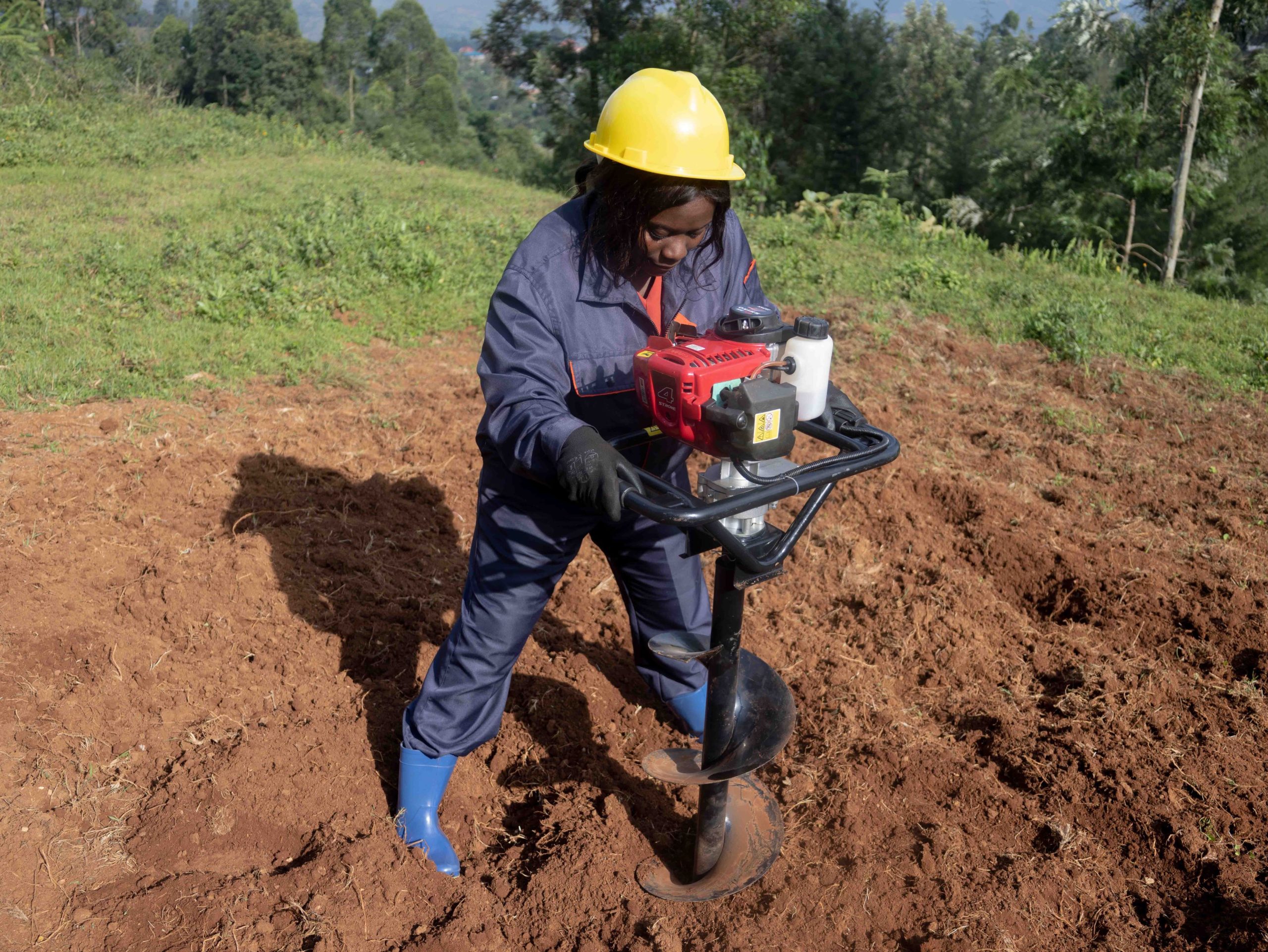
For several decades, agriculture in Africa, particularly in the DRC, has been seen as a path to poverty rather than a profitable agribusiness. This is due, in large part, to the dependence on tedious manual labor, but with low profitability, to which more than 70% of the inhabitants in rural areas resort. Added to this is the lack of considerable investment in the agricultural sector.
In view of this situation, the Youth Brigade opts for the promotion and popularization of small mechanization. This is a technology that consists of using small machinery for agricultural activities in small areas. It is the key to reducing the hardship of work and increasing the productivity of small farmers and peasant producers.With small mechanization, the time to plow 1 ha goes from a week (with rudimentary tools) to 72 hours, with a tiller.(S5) As advantages, small mechanization:
- Facilitates and reduces the hardship of agricultural work;
- Compensates for the lack of personnel;
- Improves productivity and profitability;
- Contributes to the respect of the calendar of agricultural operations;
- Contributes to the reduction of unemployment;
- Is easy to use by all categories of people able to practice agriculture;
- Is suitable for all types of soil;
- Is accessible and inexpensive;
- Has low fuel consumption (15L/ha);
- Is ecological;
- Suitable for family farming, generally practiced in the DRC.
Added value and business development
The processing of agricultural products and the addition of value are links in the agricultural value chain serving as bridges between production and marketing. Processing contributes to reducing post-harvest losses, preserving crops for long periods of time and diversifying products from the same crop.
The Youth Brigade’s added value and business development department deals specifically with these links in the value chain. He not only supervises young people involved in the processing of agricultural products, but also promotes the change of mentalities in favor of value chain activities as business opportunities for the development of the DRC and Africa. . As part of the ATA-DRC project, this department contributes to the development and diversification of products through speculation. This taking into account the dietary habits and needs of consumer groups.
Agricultural education
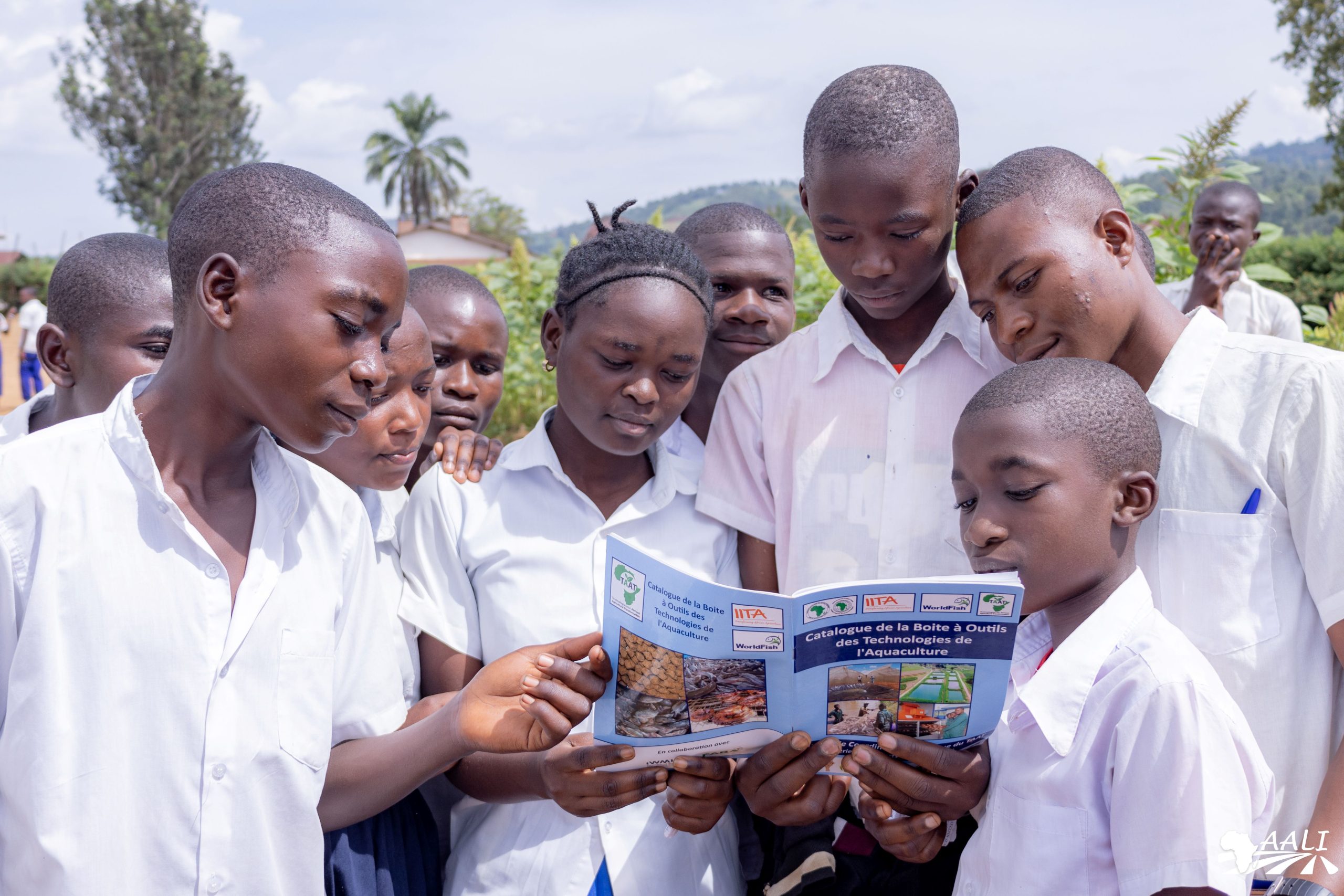
Professional agriculture relies on the promotion and adoption of the (STEP) Start Them Early Program model by young people in secondary schools. Its objective is to change the bad perception of young people regarding agriculture and direct them towards the new opportunities offered in agribusiness. This is to reduce the unemployment rate of young people after their studies. This is also a pathway for creating the next generation of future leaders in agribusiness in Africa.
Indeed, to bring these young people towards an expected change of mentality, agricultural education involves improving the practice and training of learners as well as their trainers (teachers) through:
- Improving the school curriculum based on practice;
- Promotion of small-scale agricultural mechanization;
- Popularization of the use of ICTs in agriculture;
- The creation of school youth clubs to promote the spirit of entrepreneurship.
In the DRC, the Youth Brigade has its headquarters in Kalambo, in the province of South Kivu. It extends, as part of the DRC Agricultural Transformation Agenda (ATA-RDC), to the following provinces for the first phase by March 2024:
- Kinshasa (Mongata)
- South Kivu (Ruzizi)
- Kasai Oriental (Nkuadi)
- Kongo Central (Nkundi)
- Former Katanga
- Haut-Uele
- Tshopo
- Former Equator
